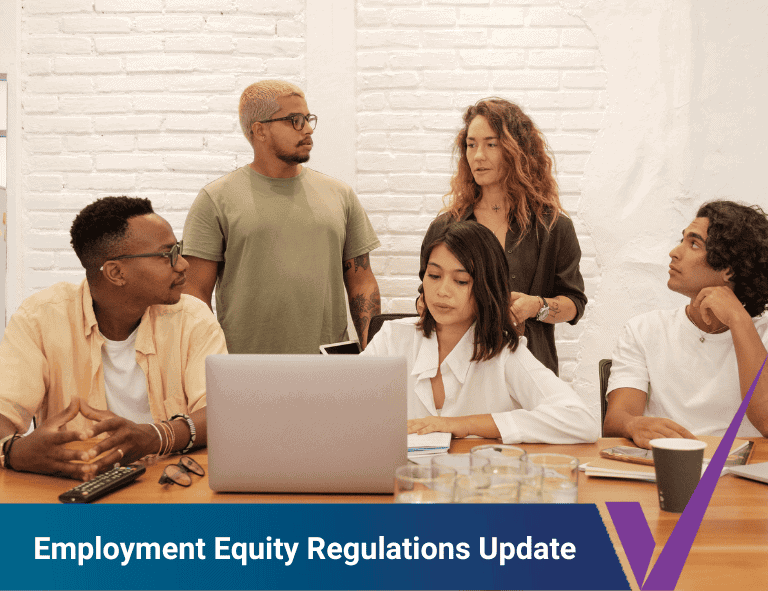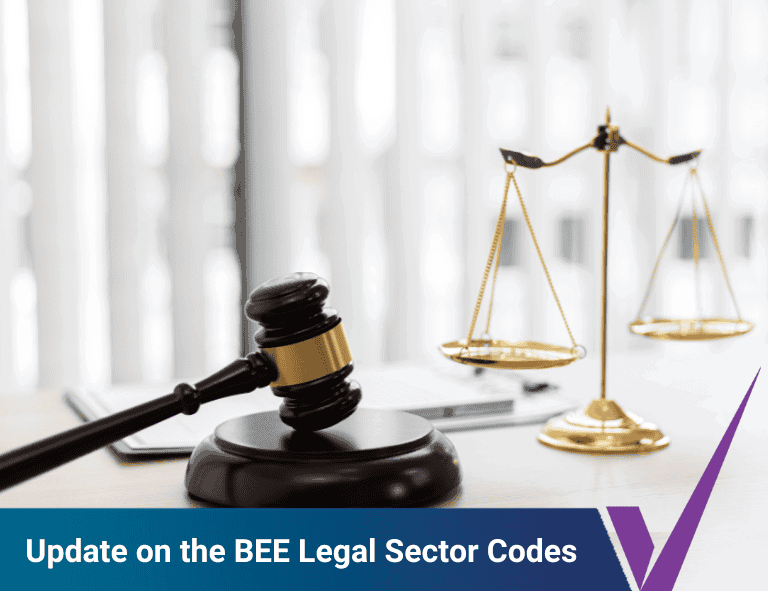On 28 August 2025, the Gauteng High Court ruled against an urgent application brought by the National Employers’ Association of South Africa (NEASA) and Sakeliga. The two organisations had sought to block the implementation of the new sectoral numerical targets introduced under section 15A of the Employment Equity Act (EEA).
Continue readingGovernment Signals Shift in BEE Licensing for the ICT Sector
📢 Employment Equity Regulations 2025
On 10 April 2025, the Department of Employment and Labour officially repealed the 2014 Employment Equity Regulations and introduced the Employment Equity Regulations, 2025.
Continue readingUpdate on the B-BBEE Legal Sector Codes ⚖️
The gazetting of the BEE Legal Sector Codes has stirred considerable debate within the legal community. NRFSA has initiated a two-part application in the High Court, targeting the Legal Practice Council, the Department of Trade, Industry and Competition (dtic), and the Minister of Justice and Constitutional Development.
Continue readingEmployment Equity Amendment Act: Key Changes Coming in January 2025
Legal Sector Code Gets Green Light
ICT Council Notification
President Ramaphosa Signs Public Procurement Bill into Law
President Cyril Ramaphosa approved the Public Procurement Bill on 23 July 2024, marking a pivotal step towards streamlining and regulating public procurement practices across South Africa. The enacted legislation establishes a unified framework designed to oversee the procurement activities of all state organs.
Continue readingA Shift in Skills Development on the Horizon
The QCTO changes being implemented have the potential to not only significantly impact your skills development plan reporting to the SETA, but also your BEE scorecard. It is important to consider these changes carefully and take any necessary steps to ensure that your company remains compliant and achieves its desired outcomes.
Continue reading








